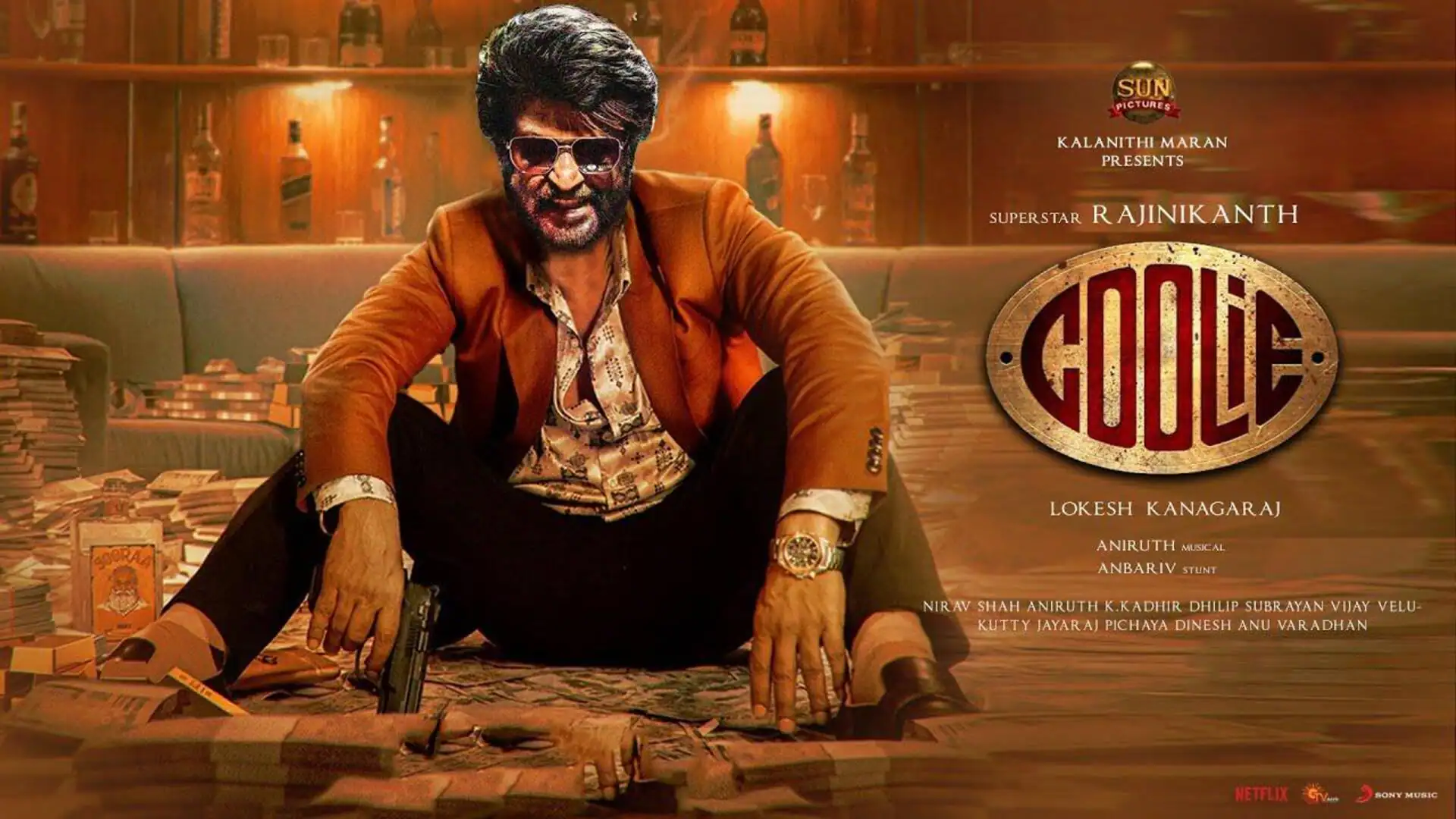The central government is set to table the Waqf Amendment Bill in Parliament at noon tomorrow. The bill, which has sparked significant debate, was discussed in a press conference by Union Minister Kiren Rijiju, who accused the opposition of fear-mongering and spreading misinformation about the bill. While the government has allotted eight hours for a detailed discussion, opposition parties remain firmly against it. However, with the backing of all NDA allies, the bill is expected to pass in the Lok Sabha.
Jagdambika Pal’s Take on Opposition to the Bill
Jagdambika Pal, Chairperson of the JPC on the Waqf Bill, joined NewsX to discuss the controversy. Addressing the protests orchestrated by the All India Muslim Personal Law Board (AIMPLB), he stated that the group had attempted to mobilize people against the bill, particularly on religious occasions such as Eid and Jumma prayers. Despite these efforts, their attempts largely failed.
Pal expressed his discontent over AIMPLB’s call for people to wear black bands during Eid prayers, turning places of worship into political arenas. He criticized this move, stating, “They have transformed places of worship into political battlegrounds. If they had to protest, they could have done so at Jantar Mantar or on the streets, but they chose Eid and Jumma for their demonstrations.”
Religious Freedom or Political Strategy?
Pal argued that AIMPLB’s actions were a calculated political strategy rather than a genuine concern for religious rights. “This is the holy month of Ramadan, a time for devotion and prayer. But instead of focusing on worship, the AIMPLB is inciting people, misleading them by claiming that mosques, khanqahs, and graveyards will be taken away,” he stated.
He drew parallels to previous opposition-led protests, such as those against the Triple Talaq Bill and Article 370 abrogation. “They tried to create panic then, and they are doing the same now. But ultimately, those decisions benefited the people,” he asserted.
Pal Calls Out Political Opportunism
Pal also targeted opposition parties like the Congress, Samajwadi Party, and AIMIM leader Asaduddin Owaisi, accusing them of using Muslims as a vote bank. “The real reason for their opposition isn’t the bill itself but the fact that it is being introduced by Prime Minister Modi’s government. Congress has always played appeasement politics, while Modi has focused on inclusive development,” he said.
Highlighting government initiatives, he mentioned that schemes like Ayushman Bharat, PM Kisan Samman Nidhi, and Ujjwala Yojana have benefited all citizens, including Muslims. “The Prime Minister has given Eid gifts to millions of women, while the opposition incites people to wear black bands. The contrast is clear,” he said.
How the Waqf Amendment Bill Benefits the Poor
As the JPC Chairperson, Pal provided insights into the bill’s key provisions. The amendments aim to ensure transparency and prevent the misuse of Waqf properties. One major change is the inclusion of women in Waqf property management, a move he believes will benefit poor and marginalized Muslims. “Until now, only men could be caretakers of Waqf properties. This bill will allow women to participate, ensuring that the income from these properties is used for real welfare projects like schools and hospitals,” he explained.
Pal challenged critics to name a single university, medical college, or engineering institute built using Waqf funds. “Instead of serving the community, Waqf properties are being misused. This bill will change that,” he affirmed.
Opposition’s Strategy: Protest at Any Cost
Pal noted that opposition leaders, including Mamata Banerjee, Rahul Gandhi, and Akhilesh Yadav, have united against the bill, not out of concern for Muslims but due to political motives. “They don’t want reforms; they just want votes. If they truly cared, they would have supported measures that uplift the community instead of misleading them,” he said.
He also pointed out that protests against the bill have gone to extreme levels, with some demonstrators even waving Palestinian flags. “This is an Indian issue, yet we see foreign symbols in protests. It reminds me of how Pakistan’s flags were once waved in Jammu & Kashmir. What is their real agenda?” he questioned.
NDA’s United Stand on the Bill
Despite the opposition’s attempts to derail the bill, the NDA remains firm. “Every NDA ally has supported this amendment. When the JPC voted clause by clause, NDA allies stood together, ensuring a clear majority,” Pal stated.
A Message to India’s Muslims
Pal concluded with a message to the Muslim community, urging them not to fall for misinformation. “This bill is for the benefit of common Muslims, particularly women, children, and the poor. It aims to bring transparency, fairness, and genuine development. Don’t let political players mislead you. This is a step toward a better future,” he said.
With the bill set for debate in Parliament tomorrow, all eyes are on the government and the opposition’s next moves. Will the reforms bring long-overdue changes, or will political opposition stall progress? The nation waits to see how this critical legislative battle unfolds.























